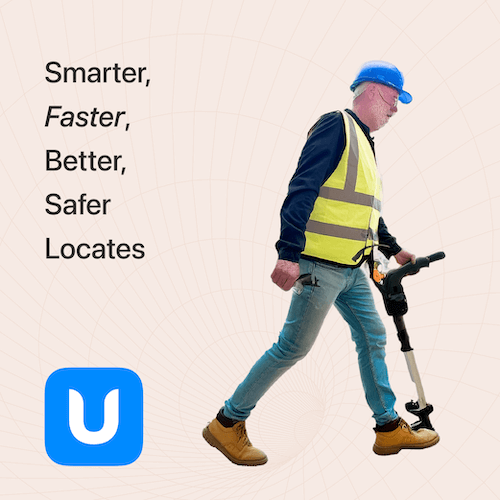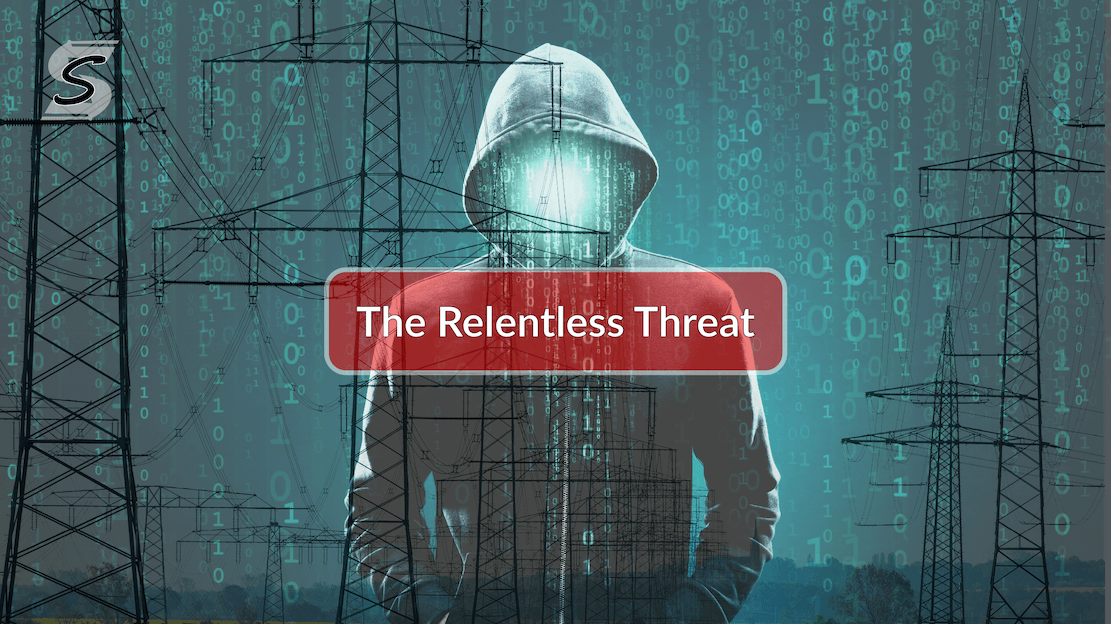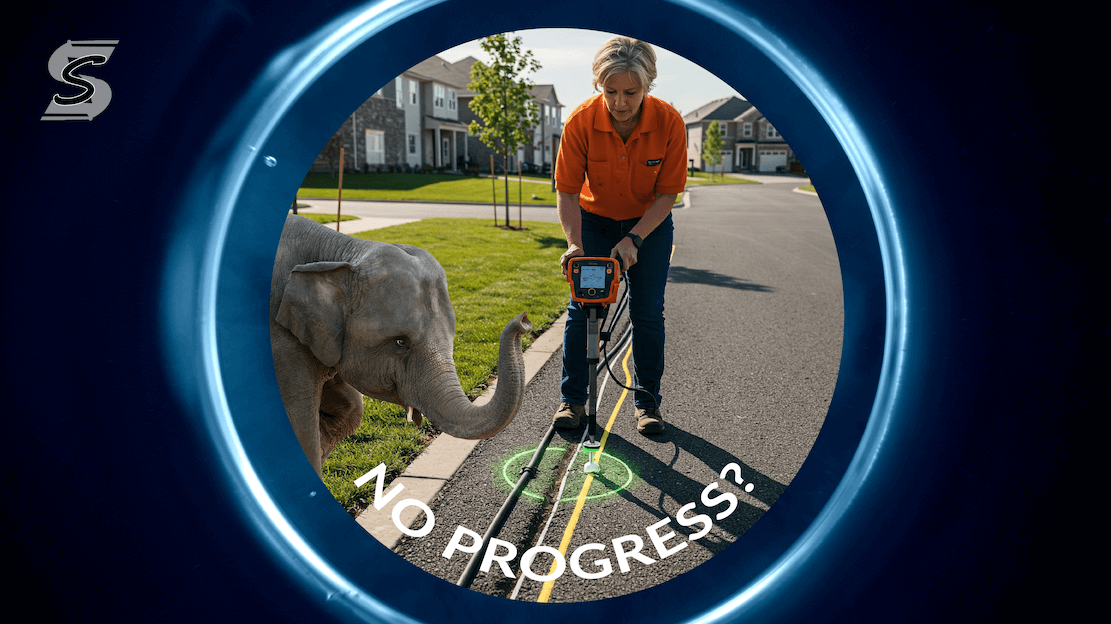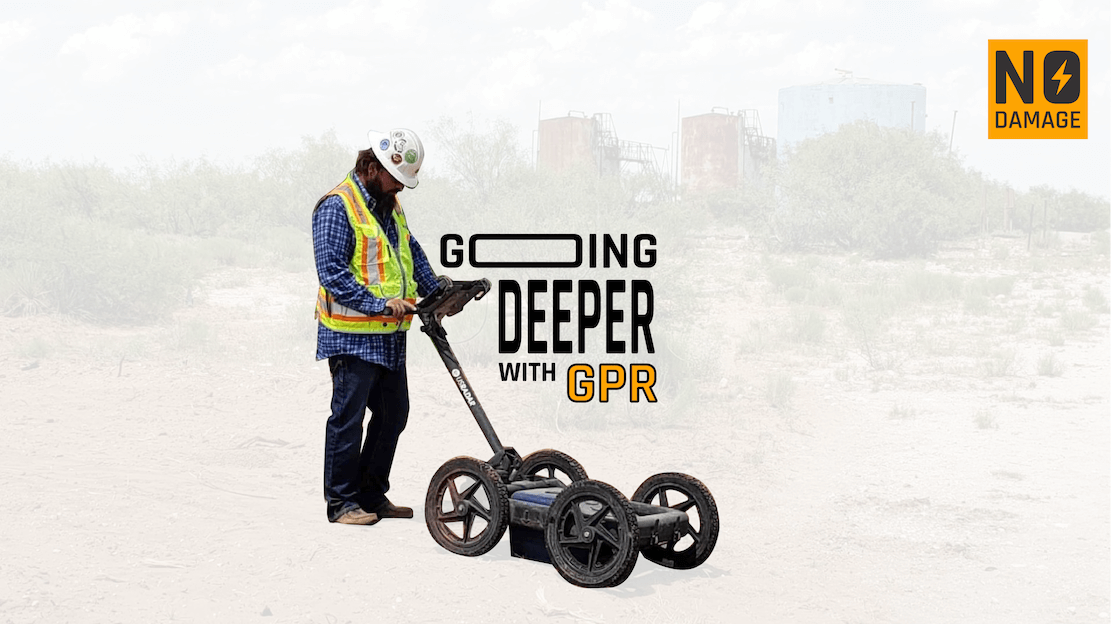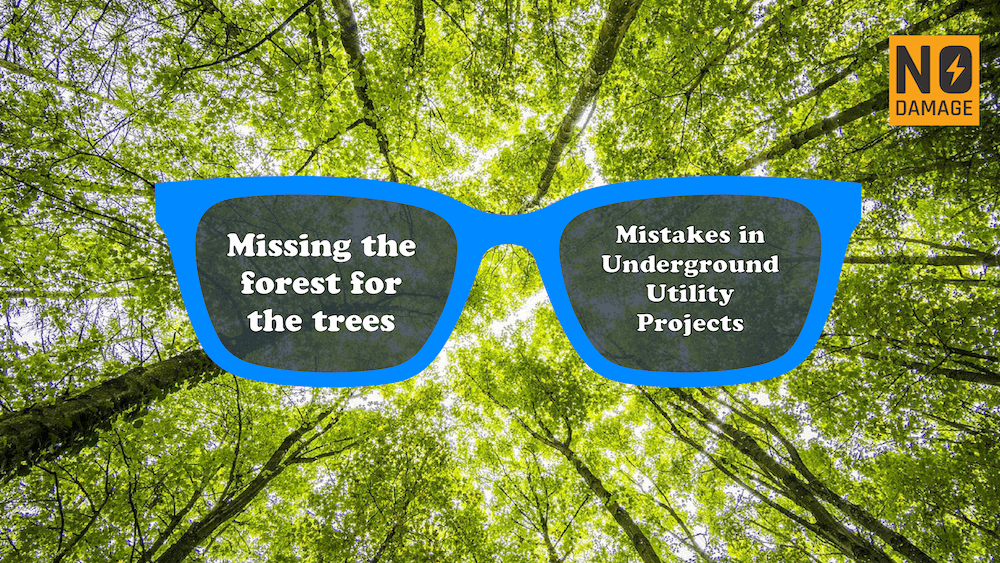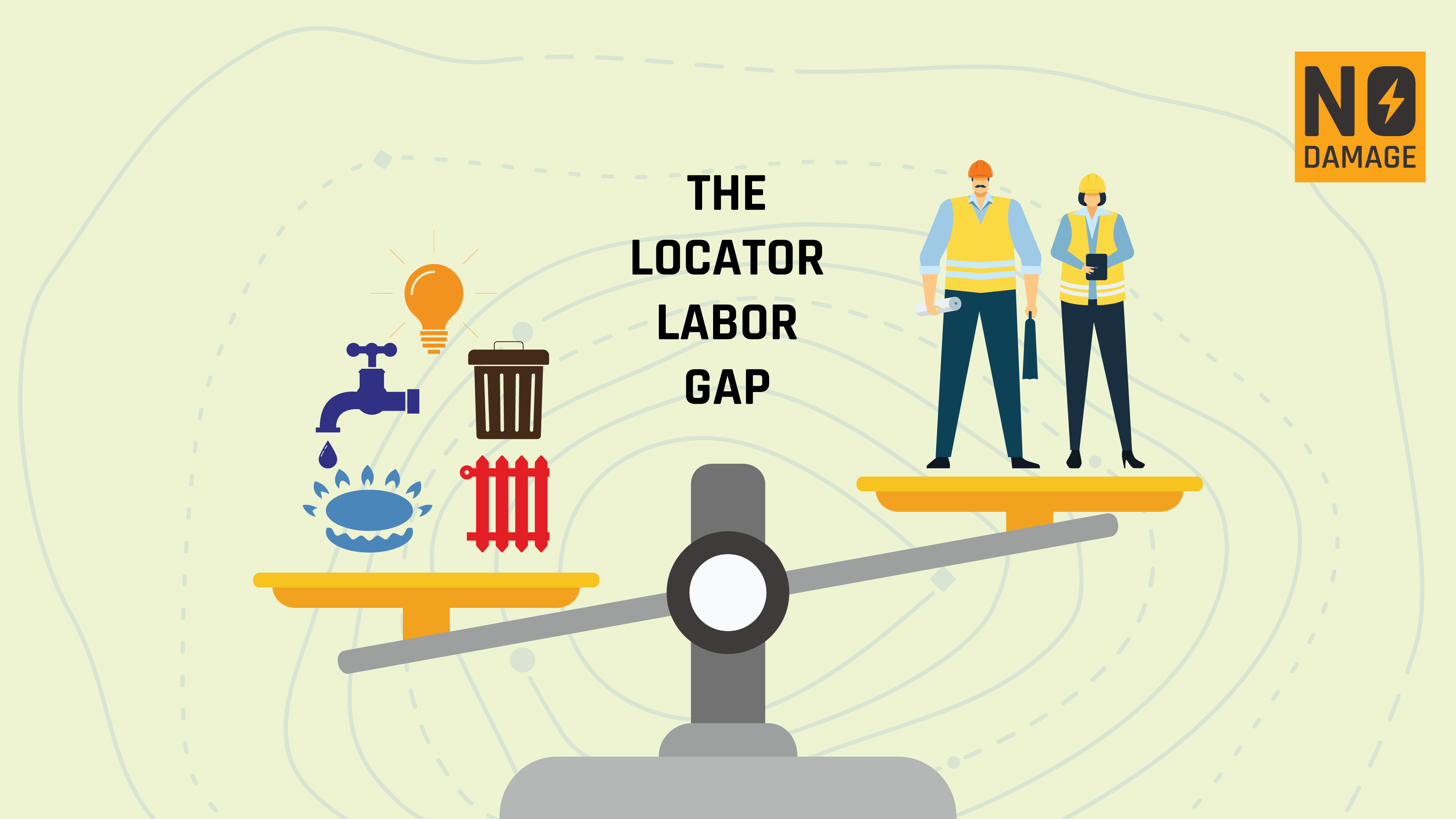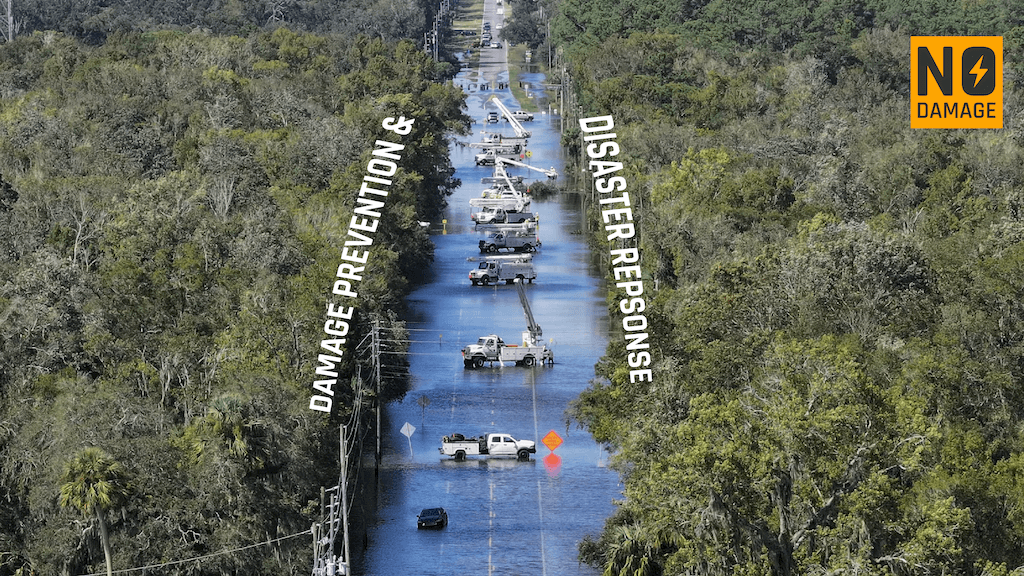
USIC announced this week a partnership with the U.S. Army Reserve’s P3O Program where they would provide employment opportunities to veterans. I think this is a big win-win for everyone involved and I wanted to highlight it this week in my article. Every year I hear about high turnover in the industry and issues finding good staff. This seems like a really smart move and it goes without saying that veterans are often maligned and forgotten about. In today's dynamic job market, the integration of veterans and former police officers into civilian roles is proving to be a strategic advantage for many industries, and thankfully now utility locating. Organizations are increasingly recognizing the value of the skills and experiences these individuals bring, creating a win-win situation for both employers and employees.
The Value of Military Experience in Utility Locating
Veterans, particularly those from the U.S. Army Reserve, possess a unique set of skills that are highly transferable to utility locating. The U.S. Army Reserve’s Private Public Partnership (P3O) Program plays a crucial role in linking soldiers to immediate and long-term employment opportunities, ensuring a smooth transition into civilian roles.
Key Transferable Skills from Military Service:
1. Leadership and Teamwork: Veterans are trained to lead and work cohesively within teams, ensuring that objectives are met efficiently and effectively. This is crucial in utility locating, where coordinated efforts are needed to map and mark underground utilities accurately.
2. Discipline and Reliability: Military training instills a high level of discipline and reliability, making veterans dependable employees who follow procedures meticulously, an essential trait in avoiding utility damage.
3. Problem-Solving Skills: The ability to think critically and solve problems under pressure is a hallmark of military experience. In utility locating, this translates to quickly identifying and mitigating potential hazards.
4. Technical Proficiency: Many veterans have specialized training and experience with advanced technologies and systems, which are increasingly used in modern utility locating.
By integrating veterans into their workforce, utility locating companies benefit from these valuable attributes, which can enhance operational efficiency and safety.
Former Police Officers: A Valuable Talent Pool for Utility Locating
Similar to veterans, former police officers bring a wealth of experience and skills that are highly applicable to utility locating. Shane Hart wrote about this a little while ago so I'll not dwell on it to much, you can read his article here. In it he emphasizes the strong sense of duty, integrity, and attention to detail that police officers bring to new careers.
Key Transferable Skills from Law Enforcement:
1. Risk Management: Former police officers are adept at assessing and managing risks, a crucial skill in utility locating where safety is paramount.
2. Crisis Management: The ability to remain calm and effective in high-pressure situations is invaluable in utility locating, particularly during emergency responses to utility strikes.
3. Communication and Negotiation: Police work requires excellent communication and negotiation skills, beneficial for coordinating with construction crews, utility companies, and property owners.
4. Ethical Judgment: A strong ethical foundation ensures that former officers maintain high standards of integrity and accountability, essential for accurate and honest utility locating.
In the utility locating industry, these skills ensure that former police officers can quickly adapt and perform effectively, reducing the risk of utility damage and ensuring public safety.
Creating a Win-Win Situation in Damage Prevention
The integration of veterans and former police officers into utility locating careers is not just beneficial for the individuals involved but also for the organizations that employ them. Companies gain access to a pool of highly skilled, disciplined, and motivated individuals who can drive operational success and enhance workplace culture.
For the Damage Prevention Industry:
- Access to a disciplined and reliable workforce capable of meticulous and accurate work.
- Enhanced problem-solving and crisis management capabilities to handle unexpected challenges.
- Improved risk management and safety practices, reducing the likelihood of costly utility damage.
For Veterans and Former Police Officers:
- Opportunities for meaningful employment that utilize their unique skills and experiences.
- Enhanced financial stability and career growth in a stable and essential industry.
- A smoother transition from military or law enforcement to civilian life, with roles that value their background and expertise.
Beyond Utility Locating:
These transferable skills also apply to related fields such as:
- Construction: Where precision and risk management are crucial.
- Public Safety and Emergency Services: Utilizing crisis management and communication skills.
- Technical and Maintenance Roles: Leveraging technical proficiency and problem-solving abilities.
In conclusion, tapping into the talent pools of veterans and former police officers is a strategic move that benefits both employers and employees in the utility locating industry. Organizations that recognize and leverage these transferable skills can build a stronger, more resilient workforce, ultimately creating a win-win situation for all parties involved. I personally know a number of veterans within our industry and it's always interesting to hear them draw parallels with scenarios they've been in or just hear their perspective. Let me know what you think about this new initiative and any other initiatives going on to help these groups.
Share this Post
